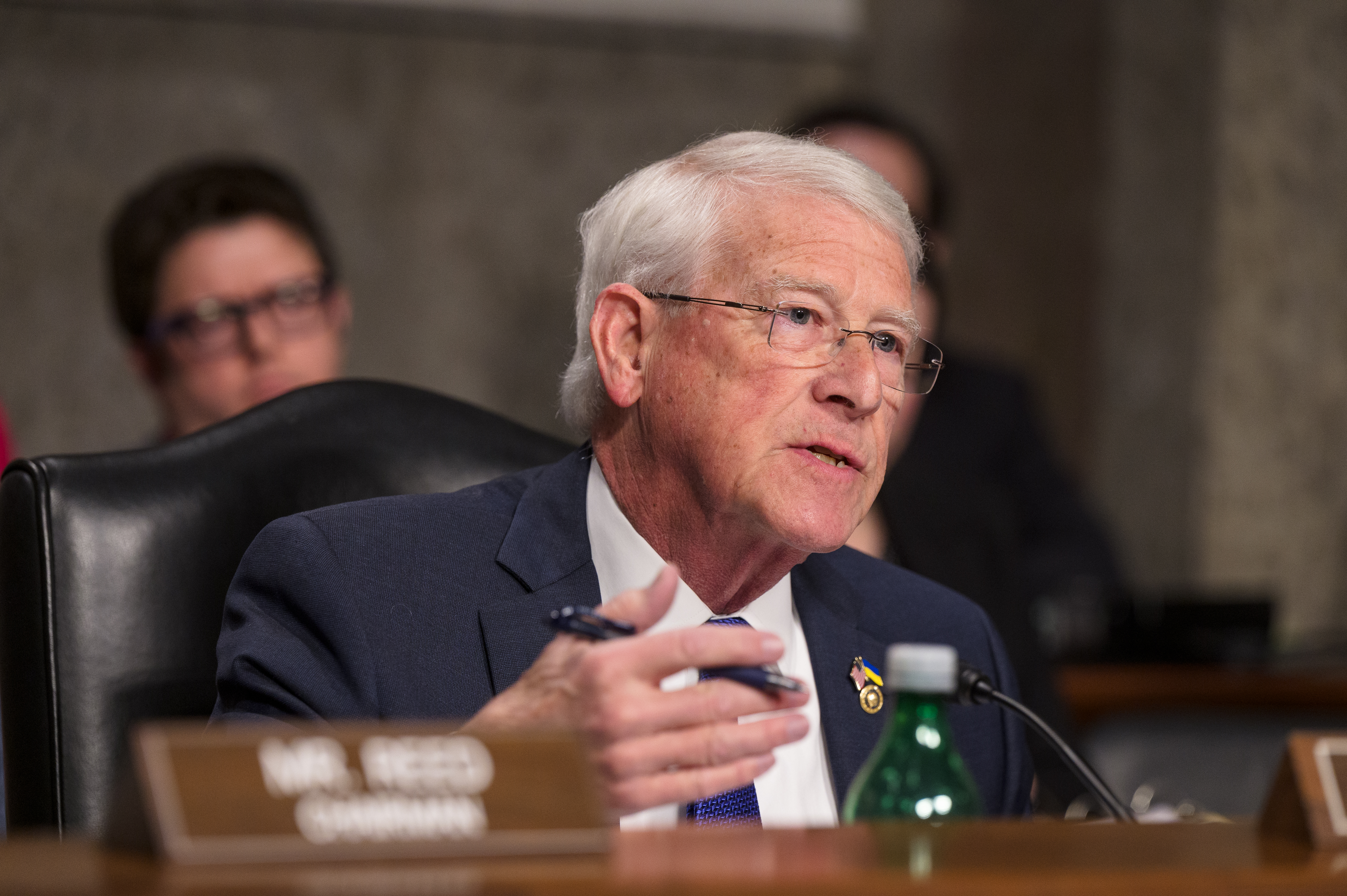
Sid Salter
- Columnist Sid Salter writes that Mississippi’s over 31,290 farms and ranches generated over $9 billion in agricultural production in 2024.
The Washington headquarters of the U.S. Dept. of Agriculture is named in honor of a Mississippian born in the rural Tallahatchie County hamlet of Cascilla, Mississippi, in 1910. In 1995, Congress voted to name the USDA headquarters the “Jamie L. Whitten Building” in recognition of Whitten’s long tenure as chairman of the Agriculture Subcommittee of the House Appropriations Committee from 1949 to 1992.
Yet from that post (except for 1953–1954, when the Republicans constituted the majority in the House), Whitten was dubbed “the permanent secretary of agriculture” because of his dominance over agriculture policies and the USDA bureaucracy. “Cousin Jamie” used his seniority to perpetuate the “New Deal” policies he favored, including crop subsidies, soil conservation programs, agricultural research, and rural infrastructure development.
The current Secretary of Agriculture, Glen Rose, Texas-native Brooke Rollins, is like Whitten an attorney with a command of both public policy and retail politics. But that’s where the similarities end. At USDA, Rollins’ offices remain in the Whitten Building.
As a member of the Trump administration cabinet, the nation’s agricultural community is looking to Rollins for leadership and policy development to offset what has been a difficult couple of years. Mississippi U.S. Sen. Cindy Hyde-Smith of Brookhaven, who holds seats on both the Senate Agriculture and Appropriations Committees, is a key ally of Secretary Rollins.
Coincidentally, Rollins was in the parking lot of the Newton, Mississippi, Walmart on Nov. 23, 2024, when she received the call from President Donald Trump confirming her cabinet nomination. She and her family had stopped while on their way to the Texas A&M football game at Auburn.
A recent Mississippi State University report outlines the difficulties facing the state’s row crop farmers. Row crops are defined by their planting arrangement in parallel lines, facilitating mechanized planting, cultivation, and harvesting. The major U.S. row crops—corn, soybeans, wheat, cotton, and rice—are essential to both domestic food and feed systems as well as export markets. The report outlines:
“More specifically to Mississippi producers, all the major row crop commodities grown in Mississippi showed very tight budgets coming into the growing season,” the MSU 2025 Mississippi Row Crop Situation report stated. “As the season has progressed, those budgets have tightened further due to falling commodity prices brought on by somewhat adequate supplies and the potential of tariffs decreasing export markets.”
Congress approved a one-year extension of the 2018 Farm Bill in December 2024 to keep programs operating through fiscal year 2025 and the 2025 crop year. The policy debate will heat up as the deadline for the extension approaches.
Into that uncertainty for farmers and ranchers nationwide, Rollins and U.S. Sen. Cindy Hyde-Smith traveled to MSU’s campus along with Mississippi Farm Bureau Federation President Mike McCormick this week. At MSU, they received extensive briefings on the College of Veterinary Medicine and shortages in the number of large-animal vets nationwide.
Like Whitten, Hyde-Smith holds seats on the powerful Senate Appropriations and Agriculture Committees.
The group was also briefed on MSU’s impressive expertise in agricultural autonomy technology, uncrewed aerial systems, high-resolution mapping and data analysis, high-performance computing, and food security as an underpinning of national security.
After the briefings, Rollins unveiled a “Rural Veterinary Shortage Action Plan.” Rollins said, “We are enhancing and streamlining USDA’s veterinary grant programs. We’re making an additional $15 million available for the veterinary medicine loan repayment program,” and streamlining programs to incentivize veterinary training to work with universities like MSU to increase the number of trained vets.
“Mississippi State is truly leading the way in cutting-edge technology as we fight for food security and farm security, meaning national security. We have no country if we cannot feed ourselves,” Rollins said.
MSU President Mark Keenum was an Under Secretary of Agriculture at the time he was chosen to lead his alma mater. As one of the nation’s leading and most impactful agricultural research universities, the presence of Rollins at the helm of the USDA and Hyde-Smith’s undeniable influence on agribusiness issues in Congress bodes well for Mississippi farmers and ranchers moving forward.
Mississippi’s over 31,290 farms and ranches generated over $9 billion in agricultural production in 2024. The state’s top agricultural sectors are poultry, timber, and soybeans.








